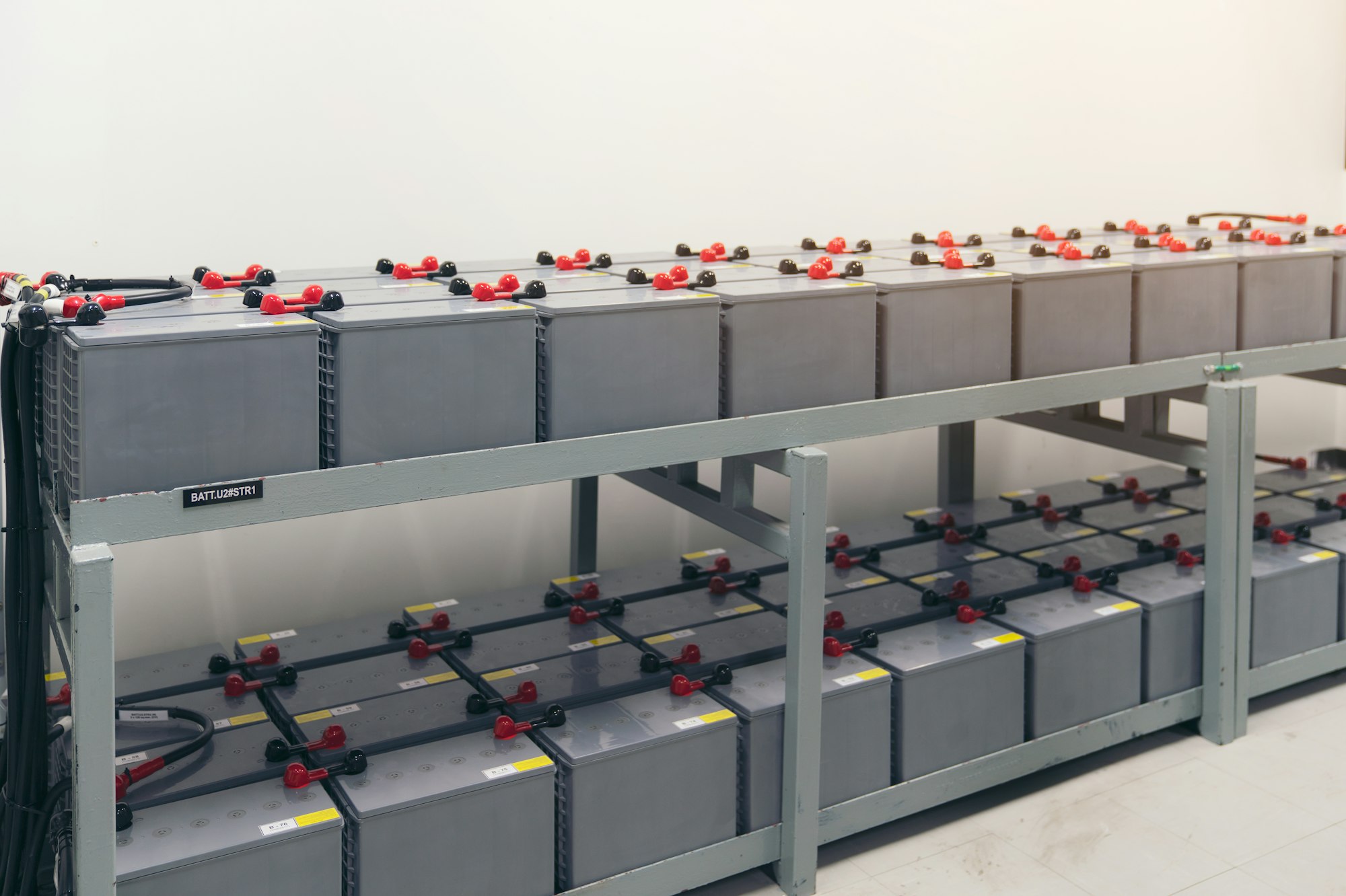
Battery Backup services
Battery backup solar systems are essential for ensuring continuous power, especially during outages or when the grid is down. By pairing solar panels with a battery storage solution, you can store excess energy generated during the day and use it when the sun isn’t shining, such as at night or during emergencies.
This not only provides energy independence but also enhances the efficiency of your solar investment by maximizing the use of clean, renewable power. It’s an important consideration for anyone looking to secure reliable energy, reduce dependence on the grid, and avoid rising electricity costs.

why choose us
At FreeBackupSolar.com, we pride ourselves on providing high-quality solar energy solutions tailored to your unique needs. Here’s why you should choose us:
- Expertise and Experience
- Comprehensive Solutions
- Customized Systems
- High-Quality Components
- Commitment to Customer Satisfaction
- In-Market Support
- Competitive Pricing
Expertise and Experience
With extensive experience in the solar industry, our dedicated team of professionals designs, installs, and maintains efficient and reliable battery backup solar systems.
Customized Solutions
We understand that every home and business is unique, so we provide customized consultations to ensure that your solar system is tailored to maximize savings and energy efficiency.
Seamless Installation
Our highly trained technicians ensure a hassle-free installation process, minimizing disruptions to your daily life while delivering optimal performance.
Sustainable Savings
By choosing our service, you are not only making an environmentally friendly choice but also investing in long-term energy savings. Our systems are meticulously designed to reduce your utility bills and protect you from escalating energy costs.
Frequently Asked Questions
At FreeBackupSolar.com, “We believe in providing clarity and transparency. In this section, you’ll find answers to common questions about our services, solar technology, and how battery backup systems can benefit you. Whether you’re new to solar or considering an upgrade, we’re here to help you make informed decisions every step of the way.”
Installing a battery backup system for your solar panel setup offers numerous advantages that can enhance your solar energy system's overall efficiency, reliability, and value.
It stores excess energy generated during the day, providing a reliable power source even when the sun isn’t shining. This independence from the grid can be precious during outages.
By storing solar energy during peak hours, you can reduce your reliance on grid electricity when rates are higher, leading to significant savings on your energy bills.
This ensures that essential appliances and devices remain operational during power outages, providing peace of mind and continuity for your household.
Battery backup allows you to store excess solar energy for use during non-sunny periods, reducing your reliance on the utility grid. The system ensures you have access to power during outages, making it especially valuable in areas prone to grid disruptions.
By utilizing stored energy during peak electricity price times, you can lower your energy bills and avoid costly spikes. Additionally, you optimize your solar investment by minimizing energy waste.
Batteries enable you to use more energy generated by your solar panels, enhancing overall system efficiency and maximizing your return on investment.
Yes, solar panels do work on cloudy or rainy days, though their efficiency is reduced compared to sunny days. They can still generate a significant amount of electricity, and modern solar panels are designed to work well even in less-than-ideal weather conditions. Additionally, any excess energy generated on sunny days can be stored in batteries or fed back to the grid for use during periods of low production.
Yes, solar panels do work on cloudy or rainy days, though their efficiency is reduced compared to sunny days. They can still generate a significant amount of electricity, and modern solar panels are designed to work well even in less-than-ideal weather conditions. Additionally, any excess energy generated on sunny days can be stored in batteries or fed back to the grid for use during periods of low production.
Yes, solar panels do work on cloudy or rainy days, though their efficiency is reduced compared to sunny days. They can still generate a significant amount of electricity, and modern solar panels are designed to work well even in less-than-ideal weather conditions. Additionally, any excess energy generated on sunny days can be stored in batteries or fed back to the grid for use during periods of low production.
